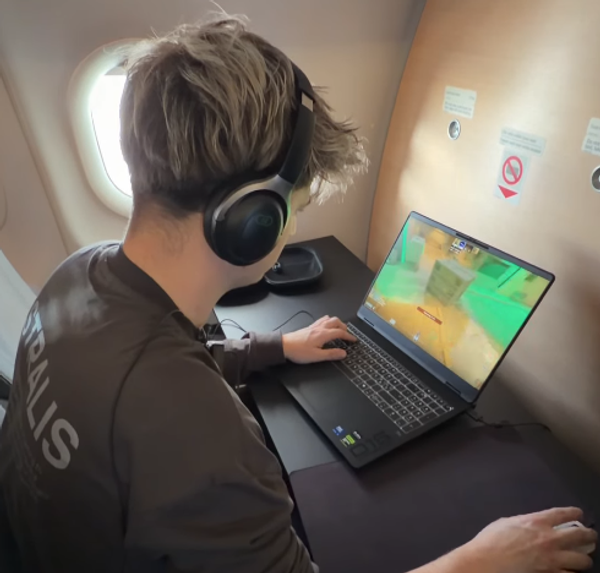Air India has launched a strategic partnership with KSU Aviation to start using TaxiBots on the A320 family of planes at airports in Delhi and Bengaluru. The agreement is part of Air India's plans to reduce its carbon footprint and transition to a more sustainable future. TaxiBots are expected to save around 15,000 tons in fuel consumption over the next three years.

This is not the first time that Air India has used TaxiBots. In October 2019, it became the world's first airline to operate a TaxiBot on an A320 aircraft. A TaxiBot was used on a flight from Delhi to Mumbai with passengers on board.
ADVERTISEMENT • REMOVE ALL ADS (adsbygoogle = window.adsbygoogle || []).push({});
'; } ?>
The equipment is used to tow aircraft from the terminal gate to the taxi-out point when departing and vice versa when arriving. TaxiBots benefit the environment since it doesn't use the plane's engines, which results in lower fuel consumption. Furthermore, the equipment reduces carbon emissions, noise levels, and costs for airlines.
Air India CEO Campbell Wilson says, "As a responsible airline, Air India is constantly looking for ways to improve sustainability and manage our carbon footprint. The deployment of TaxiBots is one more example of our commitment to reduce emissions and fuel consumption".

Air India is undergoing rapid transformation amid surging travel demand from a growing middle class. In February, the airline purchased 220 aircraft from Boeing and 250 planes from Airbus as part of a "historic" deal. Aside from new aircraft, Air India is focusing on technology that would allow the airline to reach net zero emissions. The other sustainability initiatives include working with the Council of Scientific and Industrial Research on the production of sustainable aviation fuel.
British Airways Axes Hot Meals on Key Business Routes in New Cost-Cutting Drive » Portable Charger Catches Fire Mid-Flight, One Passenger Injured » SAS Hosts Air-to-Ground CS:GO Match at 30,000 Feet via Starlink »
Comments (0)
Add Your Comment
SHARE
TAGS
NEWS India Air India TaxiBots Emissions Fuel Consumption Bengaluru DelhiRECENTLY PUBLISHED
 SAS Hosts Air-to-Ground CS:GO Match at 30,000 Feet via Starlink
On January 14, to prove the low-latency capabilities of the SpaceX-powered system, the airline hosted a live multiplayer Counter-Strike video game tournament at 30,000 feet.
NEWS
READ MORE »
SAS Hosts Air-to-Ground CS:GO Match at 30,000 Feet via Starlink
On January 14, to prove the low-latency capabilities of the SpaceX-powered system, the airline hosted a live multiplayer Counter-Strike video game tournament at 30,000 feet.
NEWS
READ MORE »
 Student Education as a Pathway to an Aviation Career
Explore how to become a pilot through aviation degree programs and flight school. Learn about requirements, costs, and career options.
INFORMATIONAL
READ MORE »
Student Education as a Pathway to an Aviation Career
Explore how to become a pilot through aviation degree programs and flight school. Learn about requirements, costs, and career options.
INFORMATIONAL
READ MORE »
 EVA Air to Launch Nonstop Flights to Washington-Dulles
EVA Air confirmed on January 12 that it will launch its first nonstop service between Taipei and Washington-Dulles International Airport in July 2026.
ROUTES
READ MORE »
EVA Air to Launch Nonstop Flights to Washington-Dulles
EVA Air confirmed on January 12 that it will launch its first nonstop service between Taipei and Washington-Dulles International Airport in July 2026.
ROUTES
READ MORE »



